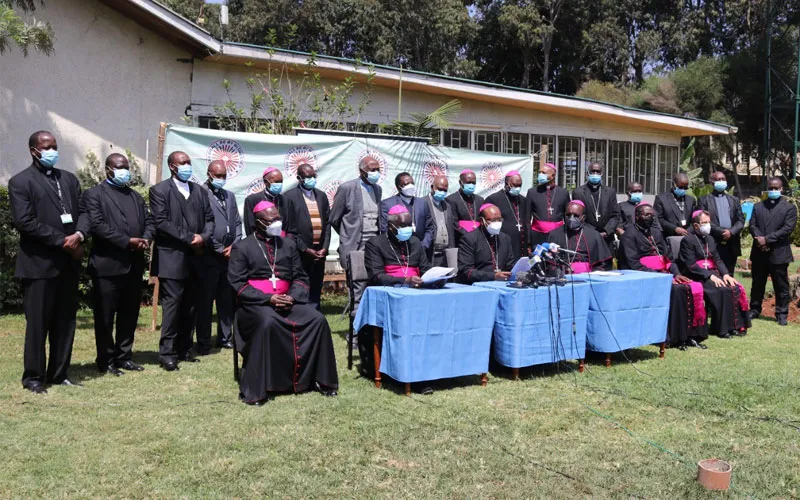Nairobi, 18 September, 2021 / 8:00 pm (ACI Africa).
Catholic Bishops in Kenya have voiced their concern about the ongoing violence in Laikipia, Kerio Valley and Marsabit, areas that fall within the Kenyan Dioceses of Nyahururu, Kitale and Marsabit, respectively.
In their Wednesday, September 15 collective statement, members of the Kenya Conference of Catholic Bishops (KCCB) extend their sympathies to those affected by the violence, which they say is politically motivated.
“We are deeply concerned about the spate of violence taking place in Laikipia, Marsabit and Kerio Valley – along the border between Baringo and Elgeyo Marakwet Counties,” KCCB members say in their statement shared with ACI Africa.
They decry the impact of the recent events on human life saying, “This violence has led to needless loss of life, property and displacement of the people.”
“Having listened carefully to the statements issued by those in charge of security in our Country, there is every indication that this violence has been politically instigated and is a result of the heightening political tension in the Country,” Catholic Bishops in Kenya say in the statement that was read out to the press September 15 following their meeting in Nairobi.








